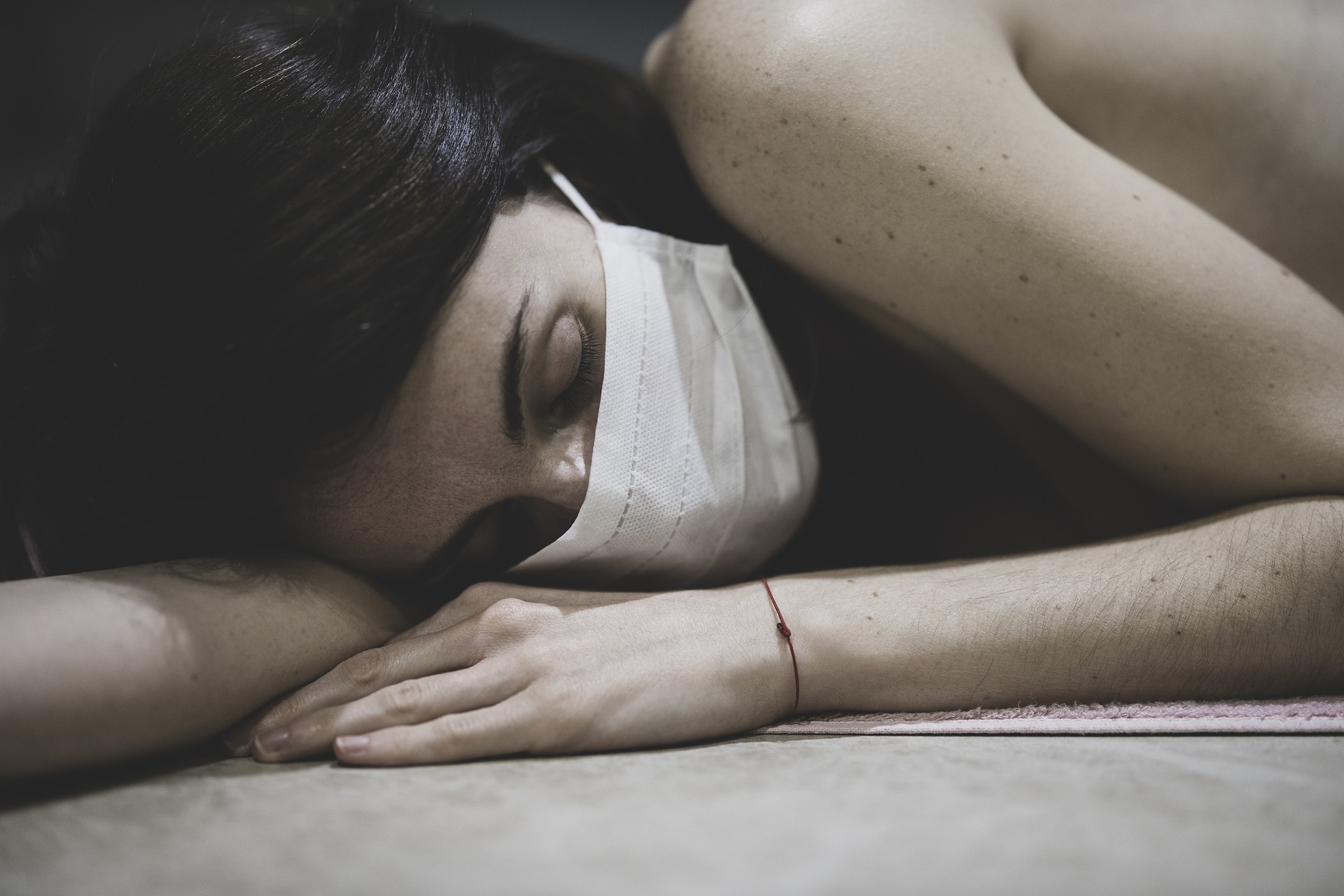Among other things, COVID-19 has caused an increase in cases of sleep paralysis (SP). This (preliminary) conclusion was reached by medical experts Kat Lederle, Greg Potter, and Hussain Abdeh. According to the Daily Mail, no scientific research has been conducted on this topic, however, the correlation is too significant to ignore. As Dr. Lederle adds: “It could be the virus infection itself impacts on the sleep regulation in the brain (neurological effects of COVID have been reported).”
The most likely cause, however, is the general stress associated with the pandemic. People have experienced a long period of uncertainty and anxiety. According to Hussain Abdeh, there has been a surge in cases of sleep paralysis among narcoleptics, probably due to changes in their daily routine and sleep regime. “If there is a link between COVID and sleep paralysis, it could be because the COVID pandemic has caused great psychological stress for many people and has made the sleep schedules of a minority of us less regular,” agrees Dr. Potter.
Sleep paralysis, as doctors remind us, is the temporary inability to move and speak when the brain is already awake, which happens when falling asleep or waking up. The episode lasts minutes or even seconds, but often causes horror and is accompanied by hallucinations.
The experts gave some tips on fighting sleep paralysis:
– sleep 7–9 hours every night
– go to bed and get up at the same time
– increase physical activity (but not in the last 4 hours before bedtime)
– do not sleep on your back
– do not drink caffeine or alcohol
– do not smoke
– do not consume large quantities of food in the hours before bedtime
Interestingly, one upside of the pandemic is an increase in the number of unusually vivid dreams. Experts attribute this to the fact that many people who previously worked 24/7 were finally able to get enough sleep.
Have you noticed an increase in episodes of sleep paralysis or the number of vivid dreams during the pandemic?




